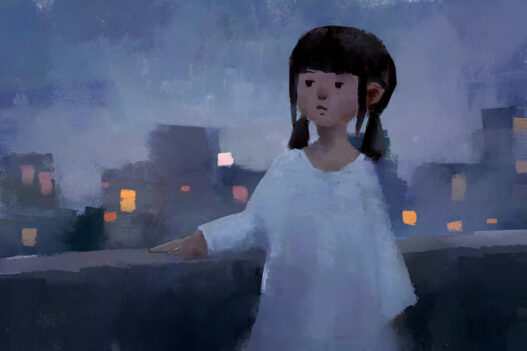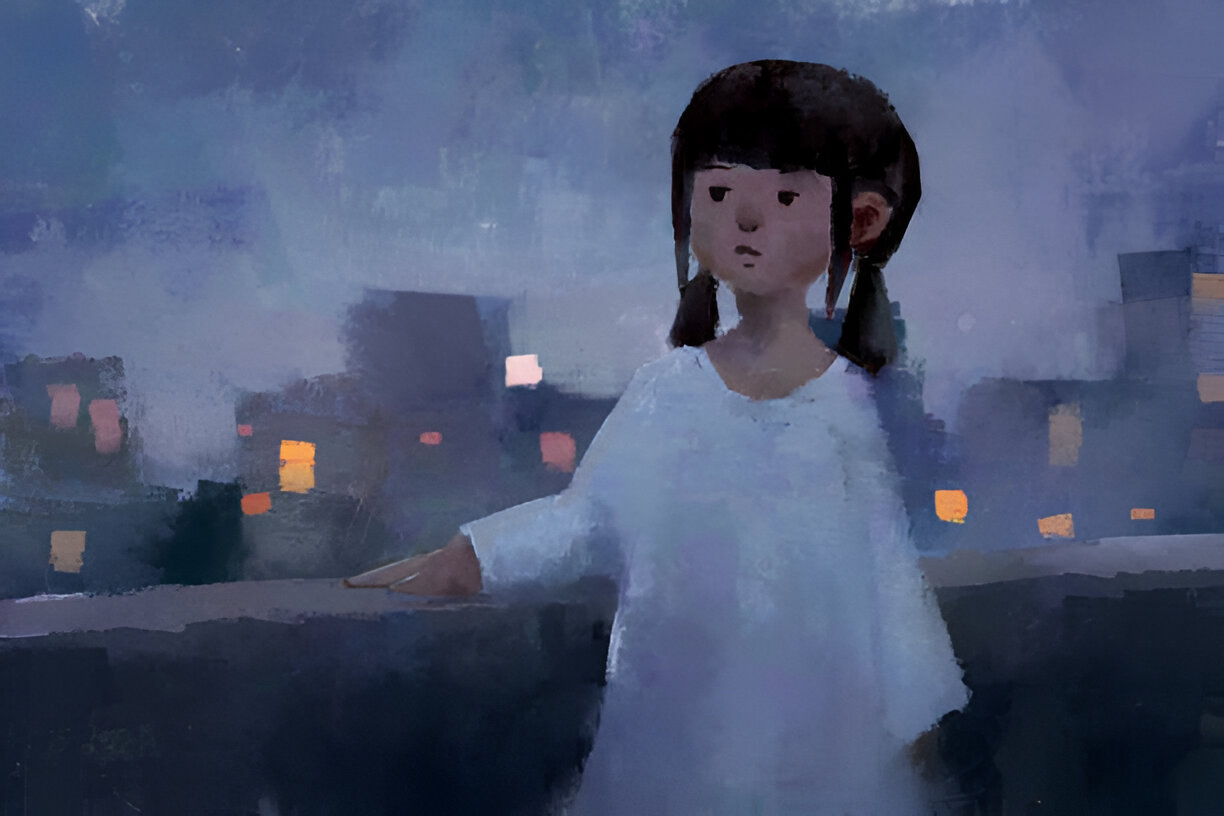The Protection of Children from Sexual Offences Act, 2012 (POCSO Act), is a landmark legislation in India designed to protect children from sexual abuse, sexual harassment, and pornography. This article will delve into the core provisions of the Act, outlining its key definitions, offenses, and the legal framework it provides for safeguarding children in India.
Background and Purpose of the POCSO Act
The POCSO Act was enacted to address the pervasive issue of sexual abuse and exploitation of children. The Act aims to create a safe and secure environment for children by criminalizing various forms of sexual offenses against them, and it also establishes special courts for swift trials of such cases. The act is in line with the UN Convention on the Rights of the Child.
Key Definitions Under the POCSO Act
-
Aggravated Penetrative Sexual Assault: Defined in Section 5 of the Act.
-
Aggravated Sexual Assault: Defined in Section 9 of the Act.
-
Armed Forces or Security Forces: Includes the armed forces of the Union, security forces, and police forces as specified in the Schedule.
-
Child: Any person below the age of 18 years.
-
Child Pornography: Any visual depiction of sexually explicit conduct involving a child that includes photographs, videos, digital or computer-generated images.
-
Domestic Relationship: A relationship where the accused and the child live or have lived in a shared household.
-
Penetrative Sexual Assault: Defined in Section 3 of the Act.
-
Prescribed: Means prescribed by rules made under the Act.
-
Religious Institution: Has the same meaning as assigned to it in the Religious Institutions (Prevention of Misuse) Act, 1988.
-
Sexual Assault: Has the same meaning as assigned to it in Section 7 of the Act.
-
Sexual Harassment: Has the same meaning as assigned to it in Section 11 of the Act.
-
Shared Household: A household where the accused and the child live or have lived in a domestic relationship.
-
Special Court: A court designated under Section 28 of the Act.
-
Special Public Prosecutor: A public prosecutor appointed under Section 32 of the Act.
Sexual Offenses Against Children Under the POCSO Act
The POCSO Act categorizes sexual offenses against children into several categories:
-
Penetrative Sexual Assault (Section 3):
-
Includes penile penetration into the vagina, mouth, urethra, or anus of a child, or making the child do so.
-
Also includes inserting any object or body part into these areas or forcing the child to do so.
-
Punishable with imprisonment not less than ten years, extending to life imprisonment, and also a fine. If the child is below 16 years of age, the imprisonment can extend to life (meaning for the remainder of their natural life).
-
-
Aggravated Penetrative Sexual Assault (Section 5):
-
Committing penetrative sexual assault as a police officer, a member of the armed forces, or a public servant.
-
Committing penetrative sexual assault while in charge of an institution, a hospital, or an educational institution.
-
Committing gang penetrative sexual assault
-
Committing penetrative sexual assault using a deadly weapon, fire, or corrosive substance.
-
Committing penetrative sexual assault which causes grievous hurt, death, or incapacitates the child.
-
Punishable with rigorous imprisonment for not less than 20 years, extending to life imprisonment, with the possibility of a death sentence, and a fine.
-
-
Sexual Assault (Section 7):
-
Touching the vagina, penis, anus, or breast of a child with sexual intent, or making the child touch these areas.
-
Any other act with sexual intent involving physical contact without penetration.
-
Punishable with imprisonment from three to five years and a fine.
-
-
Aggravated Sexual Assault (Section 9):
-
Committing sexual assault as a police officer, a member of the armed forces, or a public servant.
-
Committing sexual assault while in charge of an institution, a hospital, or an educational institution.
-
Committing sexual assault using deadly weapons, fire, or corrosive substances.
-
Committing sexual assault which causes grievous hurt, death, or incapacitates the child.
-
Punishable with imprisonment not less than 5 years and may extend to 7 years, along with a fine.
-
-
Sexual Harassment (Section 11):
-
Using words, sounds, gestures, or objects with sexual intent.
-
Making a child exhibit their body, showing pornography, or engaging in stalking.
-
Punishable with imprisonment up to three years and a fine.
-
Offenses Related to Child Pornography
-
Use of Child for Pornographic Purposes (Section 13):
-
Using a child in any form of media for sexual gratification, including representation of sexual organs, real or simulated sexual acts, and indecent or obscene representation.
-
Punishable with imprisonment of not less than 5 years and fine. If the person is directly involved in the act, the punishment extends to that of the offense itself.
-
-
Punishment for Storing Child Pornography (Section 15):
-
Storing pornographic material involving a child without deleting it or reporting it to the authorities is a punishable offense.
-
The punishment ranges from a fine, to imprisonment up to three years, and also a fine.
-
Abetment and Attempt to Commit an Offense
-
Abetment of an Offense (Section 16): Includes instigating, engaging in a conspiracy, or intentionally aiding the commission of an offense. Abetment is punishable with the punishment prescribed for the offense itself.
-
Attempt to Commit an Offense (Section 18): Any act towards committing an offense is punishable with half the term of imprisonment and/or fine prescribed for the offense itself.
Reporting and Recording Procedures
-
Reporting of Offenses (Section 19):
-
Any person, including the child, with apprehension or knowledge of an offense under the Act must report it to the Special Juvenile Police Unit or the local police.
-
The report must be recorded in writing, read over to the informant, and entered in a register.
-
If the informant is a child, the report must be recorded in a simple language.
-
-
Obligations of Media (Section 20):
-
Media, studios, and photographic facilities are obligated to report any material or object that is sexually exploitative of a child.
-
-
Recording Statements (Sections 24-26):
-
Statements of children should be recorded at their residence or a place of their choice, by a woman police officer, and in the presence of someone the child trusts.
-
Magistrates also have to record the child’s statement and ensure that the child is not exposed to the accused.
-
If the child has a disability, then the statement must be recorded with the help of a special educator or an interpreter.
-
-
Medical Examination (Section 27):
-
Medical examination of a child, if necessary, must be done in the presence of a parent or someone the child trusts.
-
The medical examination of a girl child must be conducted by a woman doctor.
-
Special Courts for Speedy Trials
-
Designated Courts: The State Government designates a Court of Session in each district as a Special Court for trying offenses under the POCSO Act.
-
Powers of Special Courts: Special Courts have powers similar to a Court of Session, and they can try offenses under the POCSO Act as well as other related offenses.
-
Child Friendly Atmosphere: The special court must ensure that the child is in a comfortable and safe environment.
-
Confidentiality: The identity of the child must not be revealed during the investigation or trial.
-
Time Bound Trials: The special courts must make all efforts to complete a trial within one year of taking cognizance of the offense and the statement of the child must be recorded within 30 days of the cognizance.
Other Key Provisions
-
Presumptions: The Act includes presumptions that a person has committed or attempted to commit an offense, unless the contrary is proven.
-
Culpable Mental State: The Act also presumes a culpable mental state unless the accused is able to prove otherwise.
-
Assistance of Experts and Legal Counsel: Children have the right to assistance from experts and legal practitioners.
-
Alternative Punishment: The Act allows for alternative punishments in certain cases, where the punishment under this Act is less than that under other laws.
-
Overriding Effect: The Act’s provisions have an overriding effect over all other laws, in the case of any inconsistency.
Conclusion
The Protection of Children from Sexual Offences Act, 2012, is a comprehensive law aimed at protecting children from sexual abuse, exploitation, and pornography. By defining various offenses, mandating reporting procedures, and establishing special courts, the Act provides a strong legal framework for safeguarding children in India. It is crucial for all citizens, especially legal professionals, government officials, and law enforcement personnel, to understand the provisions of this Act to ensure its effective implementation.




